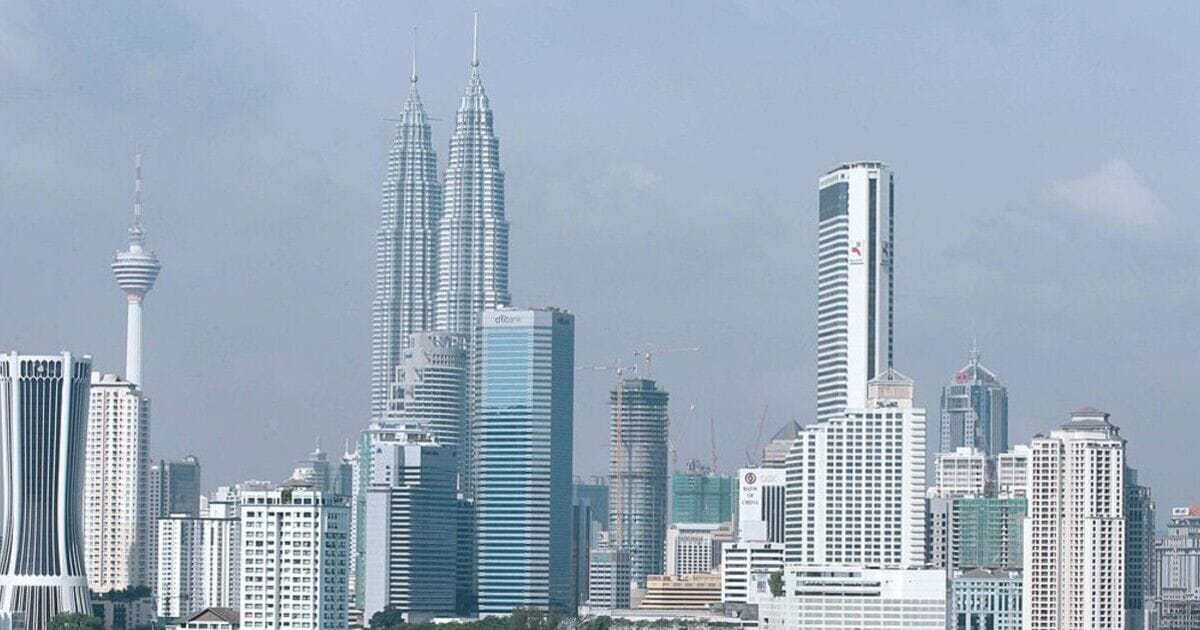Liberty Bridge in Budapest has gone by many names in its impressive and extensive history since its construction in 1896. It connects Buda and Pest across the River Danube. Buda, the historic capital of the Kingdom of Hungary, has been the western part of the capital since 1873.
Pest, on the eastern side, was once a city in its own right and is today home to Market Hall, the largest roofed market in Budapest.
At both ends are two public squares, called Gellert ter and Fovam ter.
The bridge was initially built as part of the Millenium World Exhibition in 1896, marking the 1000th anniversary of the land taking of ancient Hungarian tribes in Europe in the Carpathian basin.
Also known as Freedom Bridge, it is the shortest bridge in Budapest’s centre at 333 metres long and 20 metres wide. It features an art nouveau design, with mythological sculptures and the country’s coat of arms adorned on its side.
With construction starting in 1894, it imitates the general outline of a chain-type bridge which was deemed the aesthetically preferable form at the time. It was opened in the presence of Emperor Franz Joseph – Emperor of Austria and King of Hungary – who inserted the last silver rivet into the iron structure. At this time, the bridge was named the Francis Joseph Bridge.
The top four masts are decorated with large bronze statues of Turul – falcon-like birds which were prominent in ancient Hungarian mythology.
This bridge was one of the Hungarian infrastructures blown up by retreating German troops during World War 2, in January 1945. It was the first to be reconstructed, with the central parts needing to be rebuilt. It was painted grey since that was the only colour available, but was later repainted green in the 1980s. It reopened to traffic in August 1946, with the new name of Liberty Bridge.
At night, the bridge is illuminated so that it can be admired as part of Budapest’s electric skyline.
A number of trams cross the bridge, along with other road users and pedestrians. There is, however, an initiative to convert it to a pedestrian-only crossing now that the fourth underground metro line in the city has been completed. The bridge can be crossed on foot in about two minutes, if people don’t stop to gaze at its impressive steel structure.
It is recommended to climb the UNESCO-listed Gellert Hill for stunning views of this engineering marvel and the city skyline.
On Tripadvisor, visitors have described Liberty Bridge as an “attractive bridge” whose ornamentation gives it a “majestic appearance”. Another said: “Budapest just has prettier bridges than anywhere I’ve been.”





